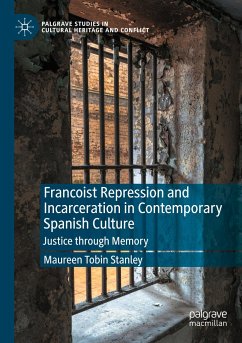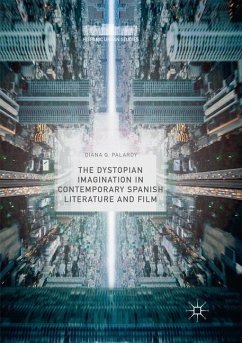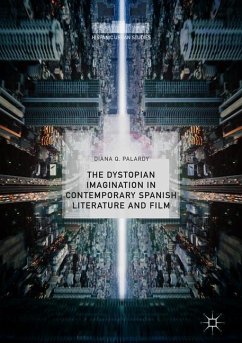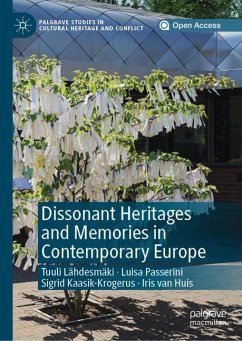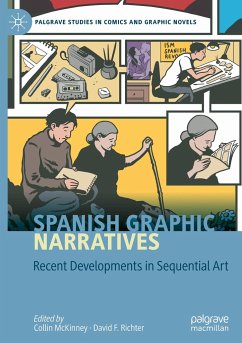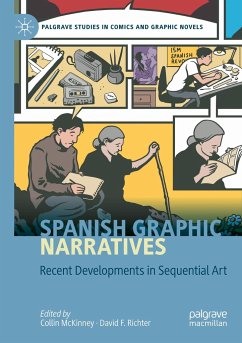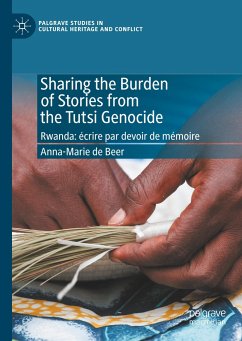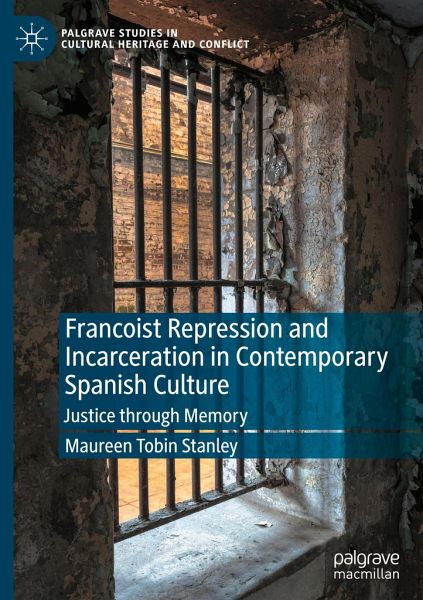
Francoist Repression and Incarceration in Contemporary Spanish Culture
Justice through Memory
Versandkostenfrei!
Versandfertig in 6-10 Tagen
83,99 €
inkl. MwSt.
Weitere Ausgaben:

PAYBACK Punkte
42 °P sammeln!
This book examines the cultural articulation of Spanish History (and histories (remembered, meaningful experiences). It analyzes how real people and fictional characters experience the rupture of post-war repression, as their vindicating collective memory counters the authoritarian narrative and laws that demonized and criminalized them. The book, that breaks the persistent cycle of denial of Francoist malfeasance, is a resource for scholars and students who research the representation of Spain's dictatorship, its aftermath and the recovery of postdictatorial memory.



